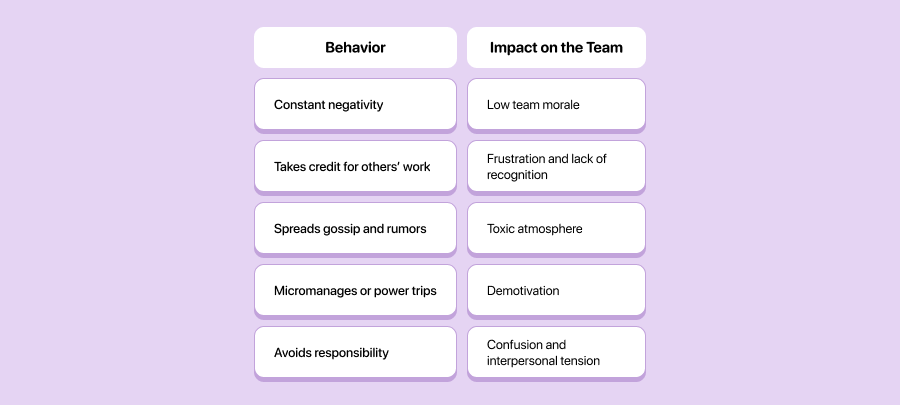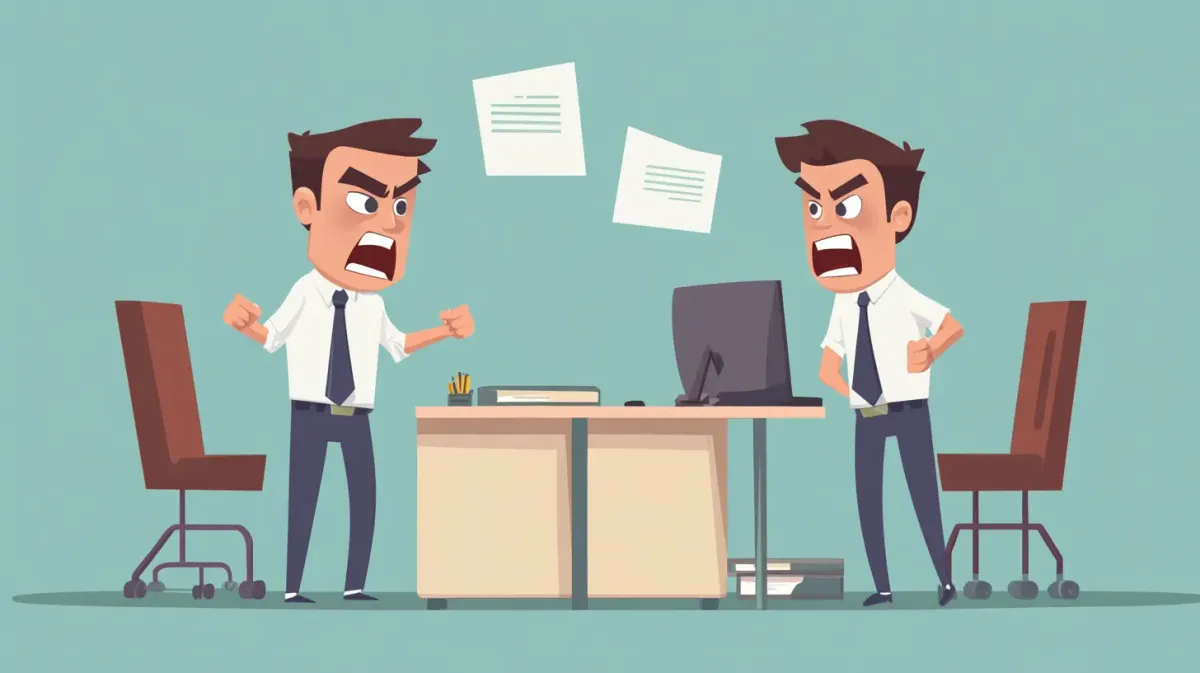Let’s face it: we don’t get to choose our coworkers. You might share an office with someone who’s loud, passive-aggressive, disorganized, overly competitive, or all of the above. Whether it’s subtle tension or daily drama, knowing how to handle difficult coworkers can mean the difference between a toxic workplace and a tolerable one.
This isn’t just about staying sane. It’s about growing professionally, protecting your mental health, and keeping your career on track even when the vibes in the office aren’t great.
Here’s your ultimate, no-fluff guide to navigating the trickiest work relationships like a total pro.
Spot the Signs of a Difficult Coworker Early
Not all conflict comes from shouting matches or slammed doors. Sometimes, it’s those little daily frictions that quietly build into stress.
Here are some of the most common signs, and how they affect your team:

Recognizing these behaviors early helps you respond with intention, not emotion.
How to Resolve Conflict at Work Like a Pro
If there’s tension, don’t ignore it and hope it goes away. Silence can escalate the problem or make you seem complicit. Instead, approach it with clarity and calm. Here’s how to handle conflict at work step by step:
Step 1: Pause before reacting
Take a breath. Acting in anger rarely ends well.
Step 2: Document the issue
Keep notes of what’s happening. This protects you if things escalate.
Step 3: Have a private, respectful conversation
Address the issue directly but tactfully. Focus on the behavior, not the person.
Step 4: Listen more than you speak
Sometimes the root of the issue is a misunderstanding or miscommunication.
Step 5: Involve HR or a manager if needed
If things don’t improve, escalate the situation the right way.
This isn’t just how to deal with conflict at work; it’s about staying cool under pressure and choosing growth over gossip.
Conflict Management in the Workplace: Mindset Matters
The truth is, managing conflict in the workplace is more about mindset than tactics.
- Stay solution-oriented – Ask: What outcome do I want from this?
- Don’t make it personal – Focus on the problem, not the personality.
- Choose empathy – Everyone’s dealing with something. That tough colleague might be facing stress you don’t see.
- Use “I” statements – Say “I feel overwhelmed when deadlines shift,” not “You’re always changing the plan.”
- Set boundaries – You don’t have to tolerate disrespect, even if you're trying to be professional.
The goal isn’t to win. It’s conflict resolution in the workplace that builds respect, not resentment.
Confrontation vs. Communication: A Crucial Difference
Many employees fear confrontation, so they stay silent. But confrontation doesn’t have to be aggressive. It can look like clear, respectful communication.
Instead of avoiding the issue entirely, try this:
“Hey, can we chat about our workflow? I think we’re stepping on each other’s toes a bit, and I’d love to find a better rhythm.”
You’re not attacking, you’re aligning. This kind of healthy, assertive communication improves not just one relationship, but the entire office culture.
Want to Level Up Your Conflict Skills? Start With Language
If you're part of a multilingual or international team, misunderstandings can multiply fast. Language barriers, cultural gaps, and tone confusion can fuel friction.
That's why conflict resolution often starts with better communication, and that means better English.
Learn to Resolve Conflict Like a Pro with EWA for Business
EWA’s corporate English program helps teams build powerful communication habits that reduce misunderstandings and strengthen trust. It’s not grammar drills, but a real-world language practice for real-life situations.
With EWA, your employees learn how to:
- Express disagreement professionally;
- Navigate cultural nuances and tone;
- Handle tough conversations with confidence;
- Improve interpersonal dynamics across departments.
👉 Discover EWA for Business and help your team resolve conflict, collaborate better, and grow together.
What NOT to Do (Seriously)
Some things will always make conflict worse. If you’re trying to resolve conflict, avoid these common mistakes:
- Talking behind their back – This damages trust and spreads negativity.
- Being sarcastic or passive-aggressive – It doesn’t make your point, it just fuels resentment.
- Ignoring the problem entirely – Problems don’t disappear, they grow.
- Trying to “win” the argument – Workplace relationships aren’t competitions.
Be the employee others trust, not the one they tiptoe around.
How to Protect Your Peace in a Tough Workplace
If things don’t improve after direct conversation, it's okay to pull back. Not every problem can be fixed, but your reaction can be.
✅ Focus on your work and your growth;
✅ Limit interactions to only what's necessary;
✅ Vent outside the office—not during lunch breaks;
✅ Celebrate your wins, even when others don’t.
Protecting your peace is not avoidance, it’s self-preservation.
Conflict management in the workplace is tough, but every challenge is a chance to grow. When you master the art of handling difficult coworkers, you’re building leadership skills that last.


















